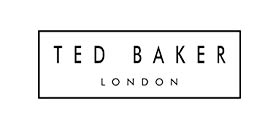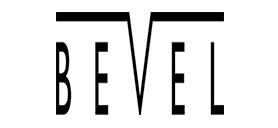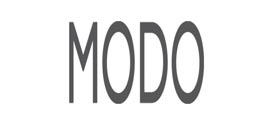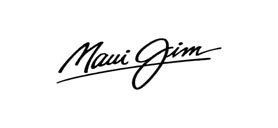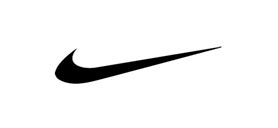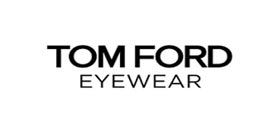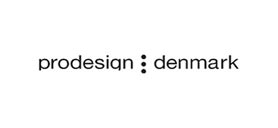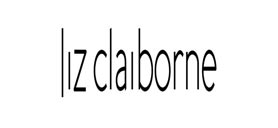Changes in your eyesight can vary, including a little difficulty reading the fine print or straining your eyes to see up close. If you’ve encountered any of those issues, you could be experiencing early signs of presbyopia. It’s vital to catch these early indicators for timely intervention and to prevent further complications. Vienna Eyecare Center, a trusted name for prescription contact lenses and eyeglasses, shares more insight.

Difficulty Focusing
One of the most common early signs of presbyopia is difficulty focusing on close objects. This can manifest in various ways. You might find yourself holding books, newspapers, or menus farther away from your face to read the text. This is because the lens in your eye is losing its flexibility, making it harder to adjust and focus on close objects.
Eye Strain
Another potential early sign of presbyopia is eye strain. If you find that your eyes are feeling tired and strained after doing close-up work such as reading or sewing, it could be due to presbyopia. When your eyes work harder than usual to focus on near objects, it causes fatigue and discomfort.
Headaches
Headaches are another sign that you might be developing presbyopia. These headaches often occur after doing close-up work like reading, using a mobile device, or working on a computer for an extended period. The strain from your eyes working hard to focus can manifest as headaches.
Frequent Changes in Prescription
Frequently needing to change your eyeglasses or contact lens prescription can also point to the onset of presbyopia. It’s normal for vision to change over time, but sudden and frequent changes could indicate a problem. Remember, if you’re experiencing any of these symptoms, it’s crucial to have your eyes checked by your eye doctor.
Diagnosing Presbyopia
While presbyopia is a normal part of aging, getting a professional diagnosis is crucial. This usually involves a comprehensive eye exam. Your optometrist will ask about your medical history, any vision problems you may have noticed, and the symptoms you’re experiencing. They will then perform a refraction assessment to determine if you’re having difficulty focusing on close objects.
Your eye doctor may also use a device known as a phoropter to gauge the extent of your presbyopia. They may need to dilate your eyes during the exam to get a better look at the internal structures. This way, they can ensure no other underlying conditions are contributing to your symptoms.
Treating Presbyopia
There are several treatment options for presbyopia. Prescription eyeglasses are a popular choice, ranging from reading glasses to those with bifocal or progressive lenses. Contact lenses also offer a great solution. They come in various forms, such as bifocal or monovision contact lenses. Another option is refractive surgery, which employs different surgical approaches to improving presbyopia.
Detection of the early signs of presbyopia via an eye exam and subsequent treatment are important to preserve your vision as you age. For quality eye care in Fairfax, Reston, and Tysons Corner, VA, turn to Vienna Eyecare Center. Call us today at (703) 938-7633, or fill out our contact form to schedule a consultation!


